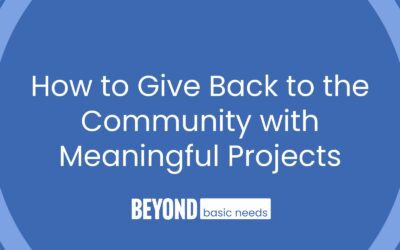The truth is, there’s no perfect script. But there is a way to speak from the heart without causing harm, and it begins with honesty, empathy, and presence.

Say Less, Mean More
You don’t need grand advice or the right “fix.” You just need to be real. Phrases like “I don’t know what to say, but I care” or “I’m here for you, no matter what” may feel small, but to someone facing cancer, they can mean everything. They let the person know you’re not there to fix it, but to feel it with them.
Avoid spinning the situation with positivity or clichés like “Everything happens for a reason.” It’s okay to say “That sounds really hard” or “I hate that you’re going through this.” Being acknowledged is far more comforting when someone is hurting than being cheered up.
Offer Real Support, Not Empty Promises
Instead of saying “Let me know if you need anything,” try something specific:
- “Would it help if I brought dinner this week?”
- “Can I drive you to your next appointment?”
These tangible offers speak volumes, not just about your willingness, but your attentiveness.
Respect Their Space, Their Story, Their Strength
Permit them to feel what they feel: grief, anger, exhaustion, even laughter. Let them share on their terms. You don’t have to pry, solve, or narrate their journey. Just be a consistent, compassionate presence.
At Beyond Basic Needs, we know that showing up starts with listening.
There’s no magic phrase. But kindness, honesty, and steady presence? Those always matter. Sometimes, the most powerful thing you can say is: “You don’t have to go through this alone.”







